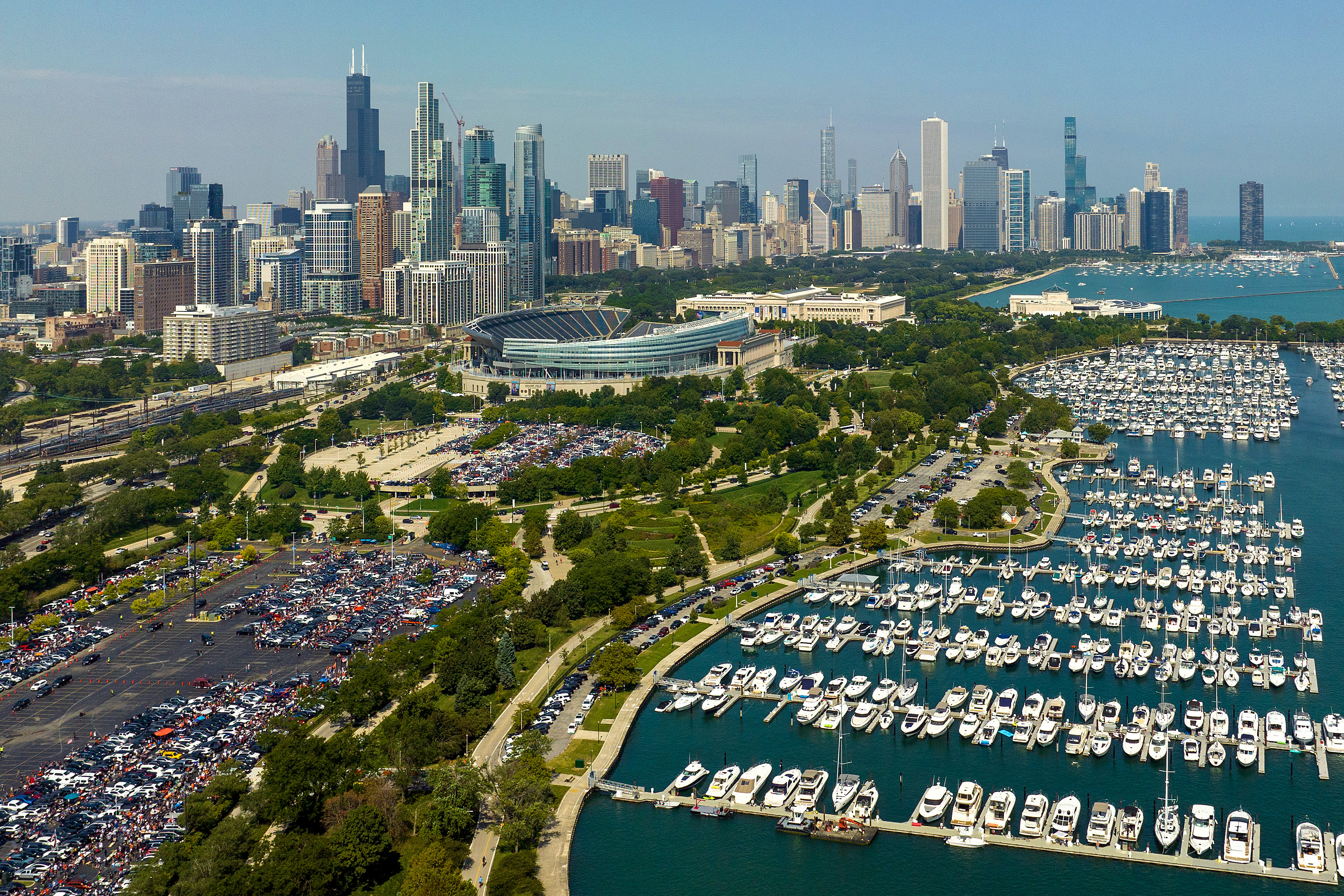Jon Burge, the former police commander at the center of dozens of cases of police brutality and torture resulting in several multimillion-dollar settlements, died Wednesday, according to multiple reports.
Burge, 70, was accused by more than 100 African Americans of torturing and physically abusing them while in police custody during the '70s, '80s and early '90s. Special prosecutors alleged that Burge led the torture of suspects that resulted in dozens of confessions.
Both the Chicago Tribune and the Chicago Sun-Times reported Wednesday that Burge had died, citing a statement from police union officials.
The Fraternal Order of Police Chicago Lodge would not confirm his passing, but posted a statement on Burge's death to Facebook saying that the organization "does not believe the full story about the Burge cases has ever been told, particularly the case that led to his sole conviction, the exoneration of Madison Hobley for an arson that killed seven people."
"Hopefully, that story will be told in the coming years," the FOP said. "We offer our condolences to the Burge family."
Burge has never been criminally charged with torture, but was convicted in 2010 of lying about torture in a civil case. He was sentenced to 4 1/2 years in 2011 on obstruction of justice and perjury charges.
"Justice was delayed in this case, and what happened never should have happened, and justice should have come sooner, but justice delayed isn't justice completely denied," U.S. Attorney Patrick Fitzgerald said at the time.
In the following years, more than 100 suspects, virtually all of them African-American, said they too were tortured by Burge or men under his command at Area 2 police headquarters. Allegations of torture ranged from electro-shock to a person’s genitals to placing a typewriter cover over a person’s head, making them think they would suffocate.
Darrell Cannon was another who said early on he was forced into a confession. In a 2010 interview he recounted how an officer under Burge’s command placed a shotgun in his mouth and pulled the trigger. Cannon believed the shotgun was loaded. Cannon was freed after 24 years in prison when a review board determined that evidence against him was tainted.
At sentencing, Burge called himself a broken man and appealed to the judge for leniency, saying he was "deeply sorry."
"I will be the first to admit I’m not a perfect person," Burge said. "I’m not the person portrayed in the media and by the plaintiffs’ attorneys."
In 2015, Burge was released from a Florida halfway house after spending four and a half years in federal custody.
The city of Chicago has paid millions of dollars in reparations to people who claim they were tortured by Burge.
Local
“Jon Burge’s actions are a disgrace to Chicago and to the hard-working men and women of the police department, but most importantly to those he was sworn to protect,” Emanuel said in a statement. “We stand together as a city to try and right those wrongs, and to bring this dark chapter of Chicago’s history to a close.”
Last fall, Chicago Public Schools announced that curriculum will teach students in eighth and tenth grades about police torture at the hands of Burge.



